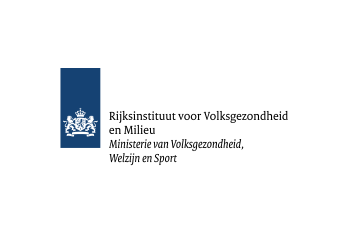Students from all over the world study in the Netherlands. They have a legal right to be here and are required to take out private insurance to cover medical expenses. However, HIV care is not usually covered. Some students are aware of their HIV status on arrival, others find out during their stay. Continuing or starting HIV treatment is crucial to their health. Luckily, it is possible for the uninsured to access HIV care and to have it reimbursed. A part-time job or the Complete+ policy can offer solutions too.
In 2019, there were approximately 200 children (0-18 years old) in the Netherlands, known to be living with HIV. Of the children known at our HIV treatment centres, about two thirds were under 12, and about one third were between 12 and 18 years old. Most of the children in the Netherlands with HIV were adopted.
All medicines can cause side effects, that includes HIV medication. No one wants to get a side effect from a medicine, but some people taking the medicine do get it anyway. Side effects are described in the medicine’s patient information leaflet.
The Positive Living workshop series is no longer offered.
We are here to talk to you and help you look at questions and topics about HIV and your life with HIV from different angles. We offer support and mutual contact and can tell you all about the activities of the HIV Association.
Talking to someone who has lived with HIV for some time, and who demonstrates empathy, driven by personal experience. Meeting up with someone treading the same path and learning about their experience of living with HIV.
Impaired mental health can happen to anyone. One in four people experience mental health problems at some point in their lives, whether they have HIV or not. People with HIV are especially vulnerable: about 50% will experience mental health problems during their lifetime.
If you take the right precautions, it is virtually impossible to pass on HIV to your baby. Having HIV doesn't stop you wanting to have children; your life expectancy is the same as someone without HIV after all.
But there are also conditions, not caused by the medication, that occur more frequently in people with HIV than in other people. They are called comorbidities. These include cardiovascular disease, kidney and liver disease, diabetes, mental disorders, cancer and osteoporosis. People with HIV are at greater risk of developing these conditions, but that does not mean that everyone with HIV will get them. Extra vigilance is called for, though.
There are many ongoing studies on people with HIV. Research on how the virus behaves, on new medication, on cures, on mental health, on stigma, and so on. You will probably be asked regularly to participate in research. What are the reasons to participate or not participate in research?
AIDS is a condition which renders the immune system inadequate, allowing diseases to develop. Aids is an abbreviation of acquired immunodeficiency syndrome .
Something has gone wrong during treatment by a healthcare professional. You wonder if what happened is right. You are angry, disappointed or dissatisfied. You have the right to file a complaint or ask for a second opinion.
You want your HIV medication to work well. You want the medication to suppress the virus, to cause little or no side effects, and to be easy to use on a daily basis. Many people start with one HIV medication, then switch to another at some point.
There are many different types of HIV medication, and new HIV medicines are being developed all the time. The current medication is effective and safe. However, some people suffer from side effects, so switching to a different medication may be a good idea.
You may find it hard to get used to taking medication every day. But to stay healthy, it is very important to take your pills properly. Try to find a way that works for you – in the morning or in the evening, with or without food.








